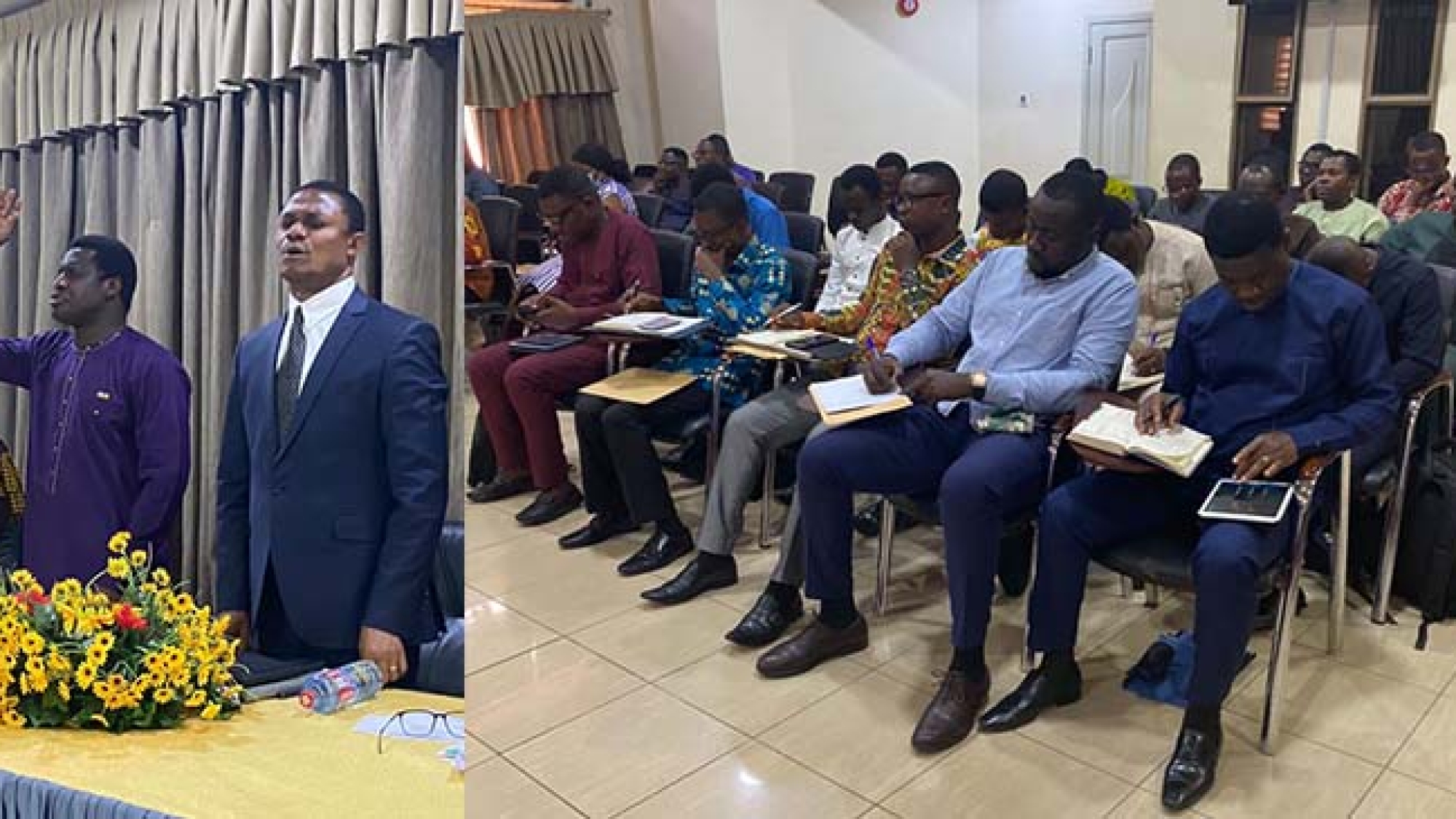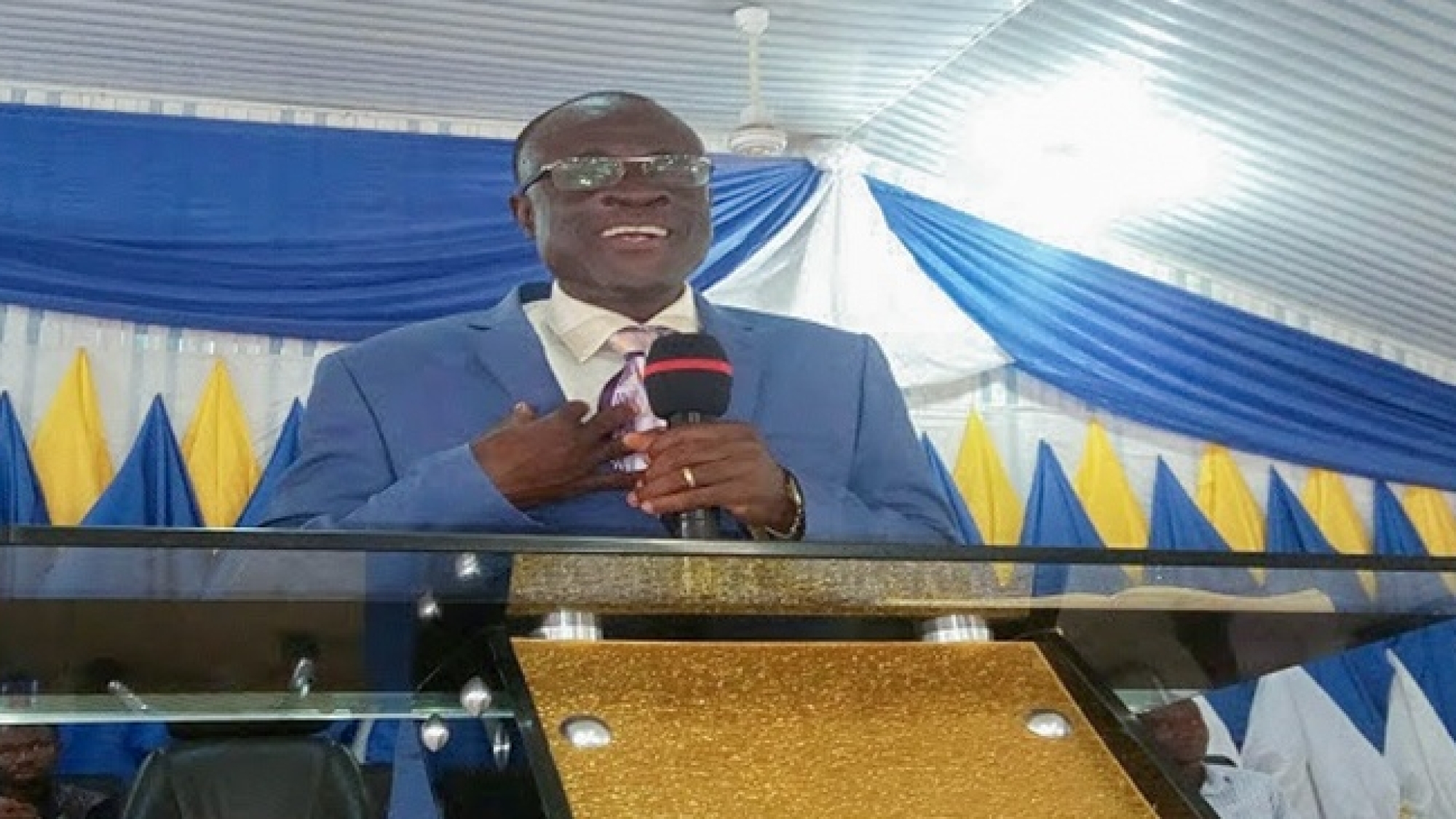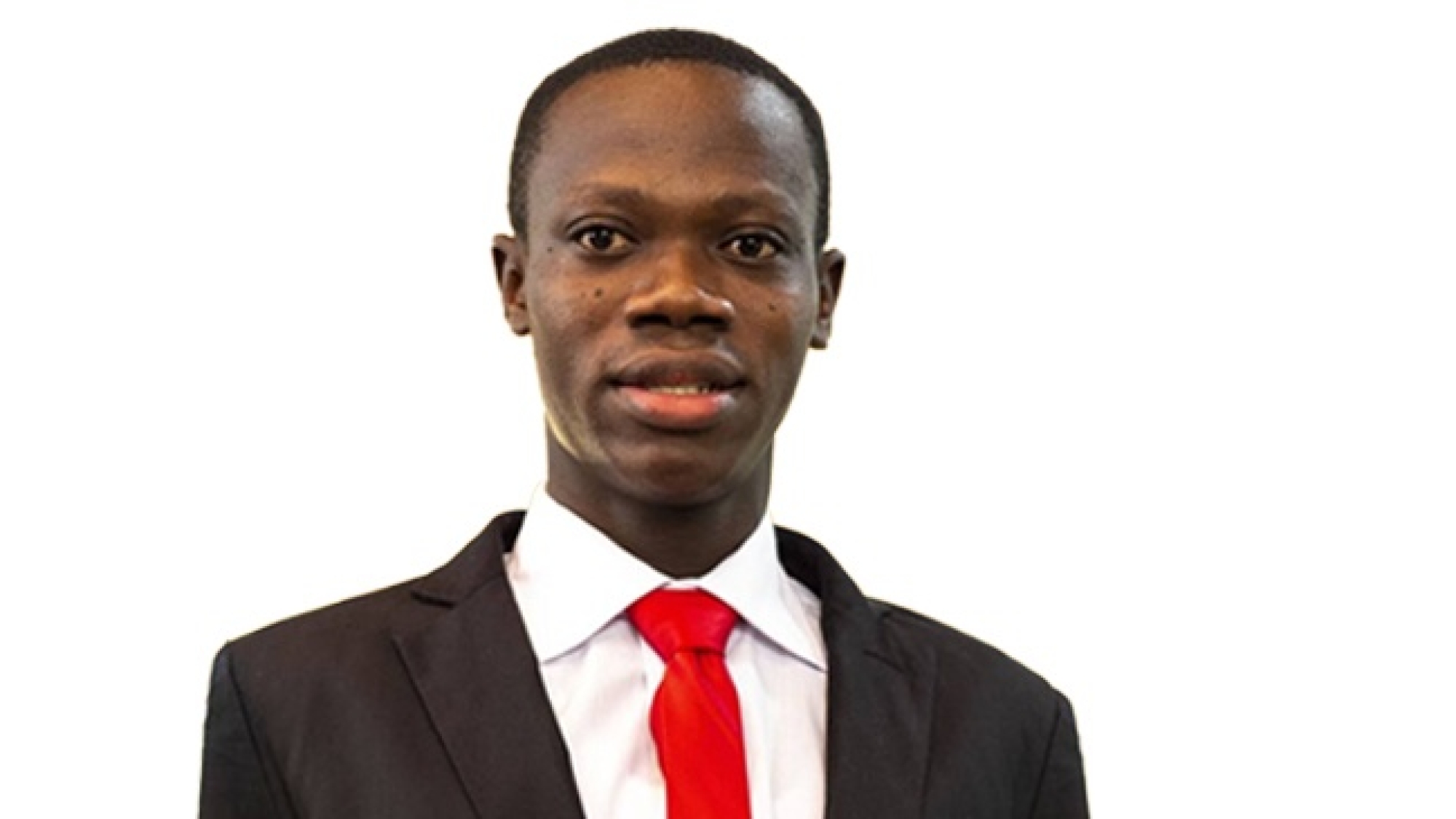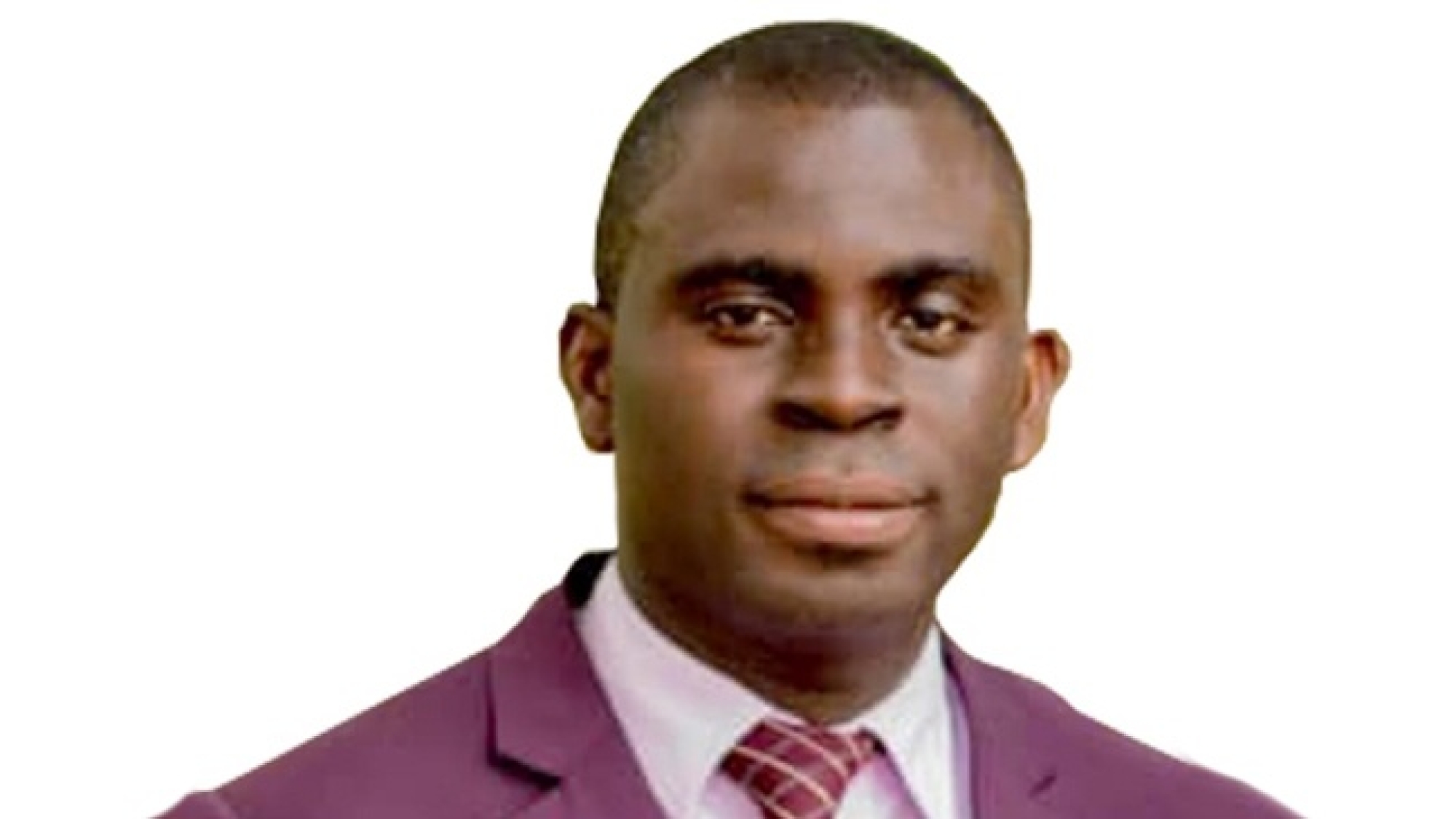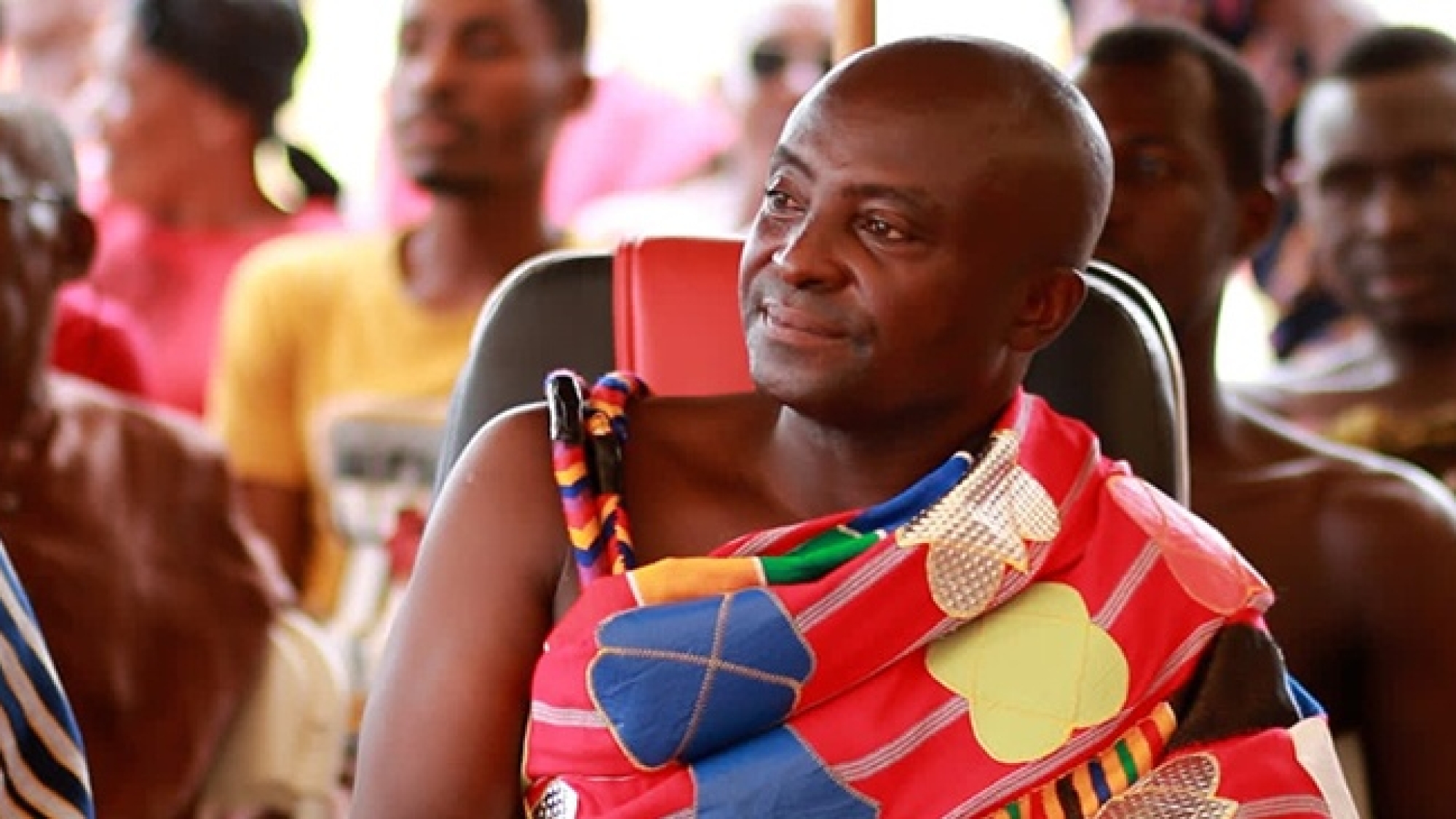The Afram Plains Area Head of The Church of Pentecost, Apostle Victor Asamoah, has admonished ministers and their wives to safeguard the doctrine of the church as they reposition the local church for God.
“As you are repositioning yourselves for maximum impact, watch your life and doctrine closely,” he urged. He said this during the ministers’ and wives’ session of the 2023 Kaneshie Area Ministers and Officers’ Retreat (Apostolisation) last Tuesday at the Bethel Assembly in Kwashieman Official Town.
Apostle Asamoah said doctrine is a set of beliefs, tenets, creeds, and dogma that form an important part of an organisation, religion or system, charging, “Ministers must protect the doctrine of the church.”
According to him, the fear of God in the church must be very high in this post-modern era as knowledge abounds. He explained that despite the foundation of the doctrine of the church built on the word of God, some new leaders of the church learn from different sources due to their associations, hence infiltrating the doctrine with ‘alien’ things.
He charged the clergy to put in much effort to read the Bible daily as they reposition the church to stand the test of time. “Do not be double-minded; put in your whole mind, strength and hope in the Lord,” he said.
The Afram Plains Area Head charged ministers of the gospel to set good examples by following and practicing the doctrines of the church.
Some of the core values and practices of the church, he disclosed, are the consistent study of the Bible, being prayerful; having strong ambitions or desire for God; encouraging oneself and others in the things of God; being grateful to God and leadership of the church; working hard and aiming at excellence; preaching Jesus as Lord and Saviour; respect to authority, among others.
He further urged the ministers and their wives to avoid loving the things of the world and rather conduct themselves in a manner worthy of the gospel.
PENTECOST NEWS






